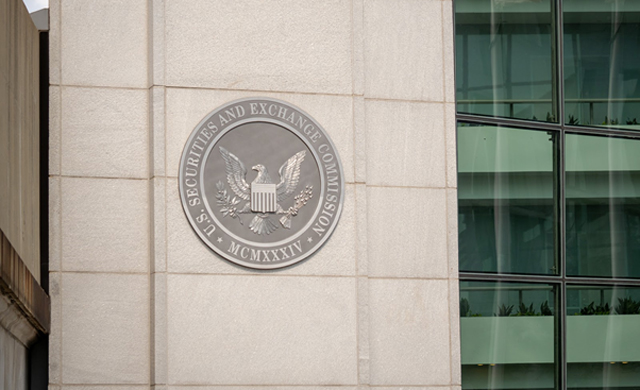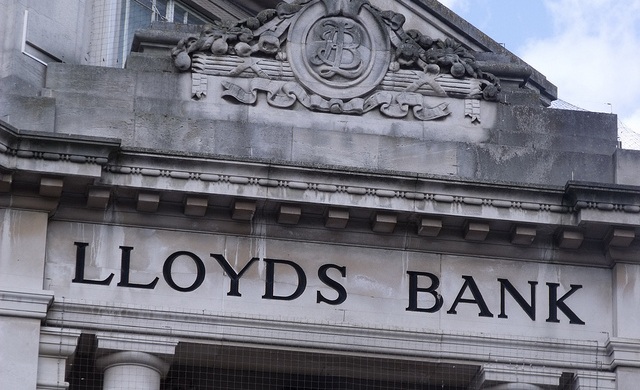A U.S. SEC commissioner has unveiled an assertive seven-point agenda aimed at reshaping the nation’s crypto regulatory framework. The proposal calls on Congress to streamline outdated policies, strengthen the authority of current regulatory bodies, and safeguard peer-to-peer cryptocurrency transactions from excessive government interference.

At the 8th Annual DC Blockchain Summit hosted by the Chamber of Digital Commerce on March 26 in Washington D.C., U.S. Securities and Exchange Commission (SEC) Commissioner Hester M. Peirce urged Congress to implement swift reforms to clarify and streamline cryptocurrency regulation. Speaking in her capacity as the head of the SEC’s newly formed Crypto Task Force, Peirce advocated for a more efficient regulatory landscape to support innovation while protecting investors.
She highlighted the growing inefficiencies caused by overlapping jurisdictions among federal and state regulators such as the SEC, Commodity Futures Trading Commission (CFTC), Financial Crimes Enforcement Network (FinCEN), and various state agencies. Peirce noted that this fragmented approach results in significant burdens for both the industry and regulators. She warned that regulatory overlap would likely intensify, given that crypto assets can represent a range of classifications—from cash and securities to digital art—making one-size-fits-all rules impractical.
To address these challenges, Peirce presented a seven-point framework for Congressional consideration. She recommended against creating a new regulatory body, advocating instead for empowering existing agencies. She also proposed that new regulations focus exclusively on platforms operating within or targeting the U.S. market.
Further, she advised that Congress should enable federal oversight to preempt conflicting state regulations in cases involving interstate commerce. She also suggested that specific types of crypto assets be assigned to designated federal regulators for more efficient supervision. Additionally, Peirce pushed for legal clarity that would allow the trading of both securities and non-securities crypto assets on platforms regulated by the SEC or CFTC. She emphasized applying existing financial market principles to crypto trading platforms, encouraging them to function similarly to Alternative Trading Systems. Finally, she underscored the importance of protecting Americans’ rights to engage in peer-to-peer financial transactions, framing it as a necessary safeguard against excessive centralization.
Peirce also pointed out that under the proposed reforms, regulators would still retain the authority to oversee trading platforms, conduct examinations, and enforce rules concerning customer protections, insider trading, and disclosures.
Throughout her remarks, Peirce conveyed a pragmatic but hopeful outlook, acknowledging the complexity of the regulatory task while emphasizing the importance of collaboration in crafting a balanced and forward-looking framework for the evolving digital asset space.
Learn from market wizards: Books to take your trading to the next level


 Hot Features
Hot Features











